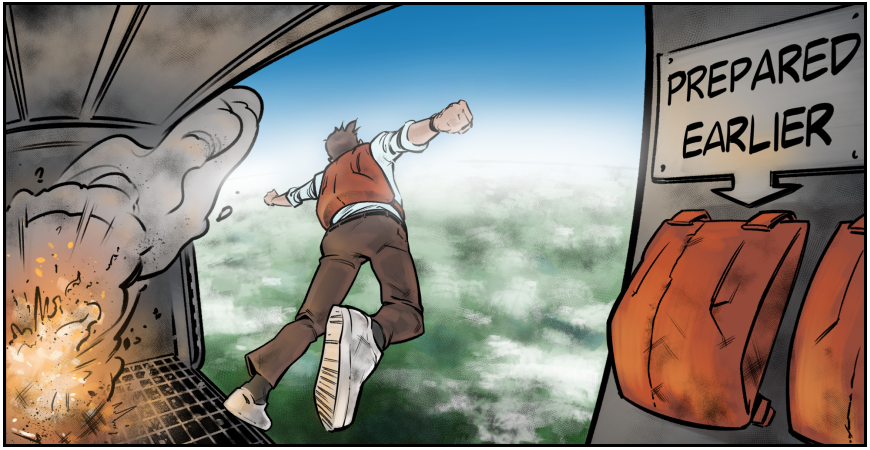Preparation, preparation, preparation is your best defence when it comes to protecting your reputation during a crisis. But what if you haven’t prepared, and you find yourself in a situation which presents intense difficulty, complexity or danger – what should you do?
The first step is to understand when you are in a crisis situation. Not all crisis scenarios are straight-forward, and declaring a crisis is always a judgement call. If uncertainty exists, I tend to err on the side of prudent overreaction.
Heathrow Airport is widely recognised as leader in crisis communication. During my time leading crisis communications at the airport, scenarios from emergency landings, protest and hostage situations to baggage system failures were desk-topped, simulated and documented within an inch of their life. At Heathrow this is totally appropriate, as almost all of these scenarios became reality, and this level of preparation gave everyone the confidence to do a good job under immense pressure – on a regular basis.
But what if you’re not a large organisation with a huge number of corporate affairs resources. What should you do then when your reputation is at stake?
If you find yourself in this situation, the best piece of advice I can give you is to plan your approach and messaging around the 3 C’s of crisis.
- Care and concern
Before you do anything else, as many people would do naturally, acknowledge your concern for those who have been adversely affected by the crisis, and express your empathy and care for their wellbeing – physical or mental.
- Control
Empathy is one thing, but the public, stakeholders and your employees want to know what you’re doing to get the situation under control now, so share what immediate steps you’ve taken to try to resolve the crisis situation.
- Commitment
After the initial shock or reaction, to help rebuild your reputation, you must show what longer-term commitments you’re making to avoid a repeat of the situation.
The State Government are delivering a masterclass in crisis management during the COVID-19 pandemic. In addition to clear, simple messages, delivered regularly, they showed care initially for those who contracted the virus, for families of those who had passed away, for impacted industries, the unemployed and more recently for Victorians. Controls were communicated almost straight away, which were then finessed into a clear staged approach as the situation escalated. Lockdown conditions were explained as more controls were put in place. Commitment is where they have been particularly strong. Hard border - say no more.
At CGM Communications, we have an integrated offering for crisis and all communication needs. We can not only help you prepare, prepare, prepare, but if you find yourself in a situation where you need a team who can work with you to deliver effective crisis communications quickly, then we’re here to help.
 ReGen Strategic
ReGen Strategic